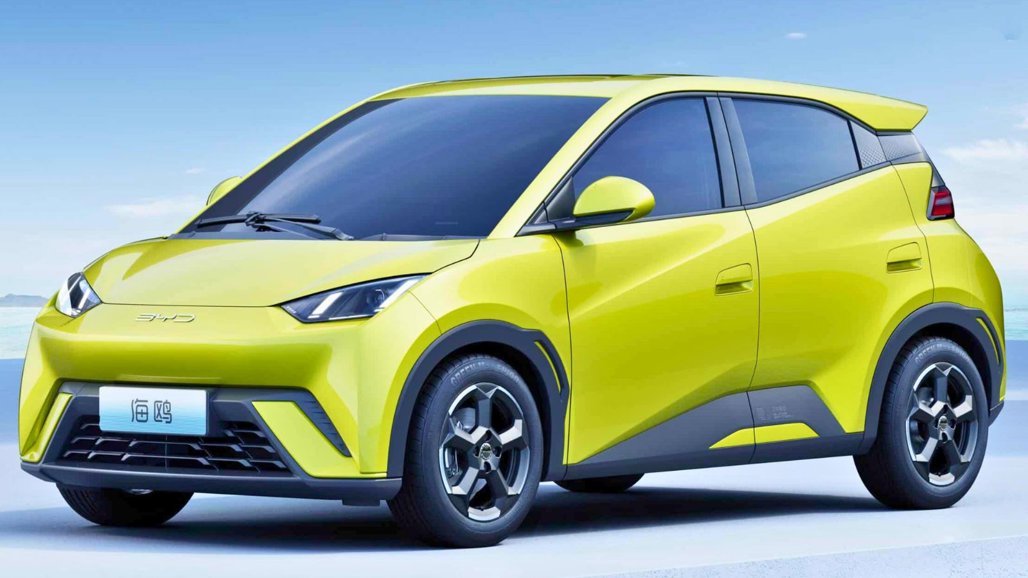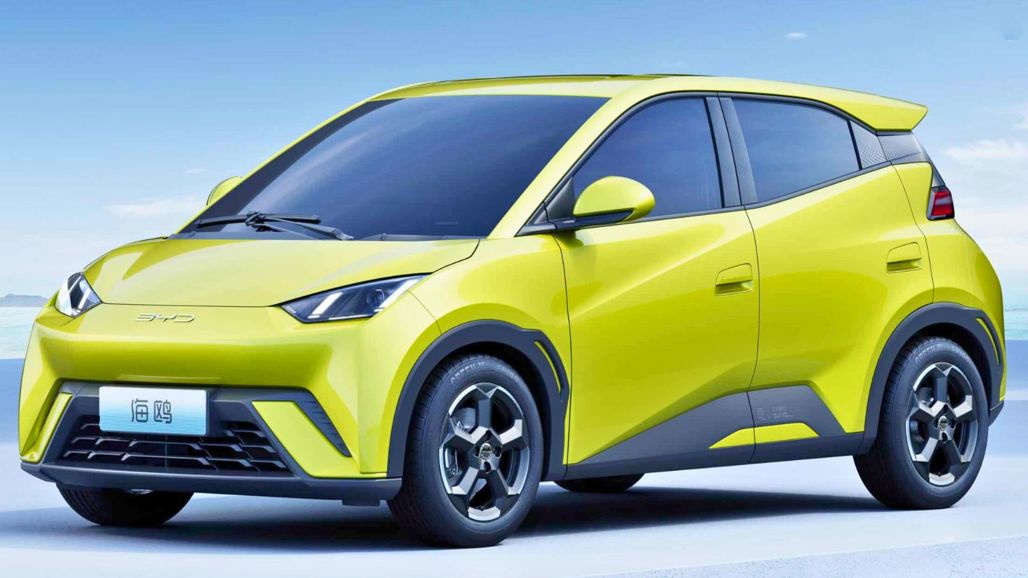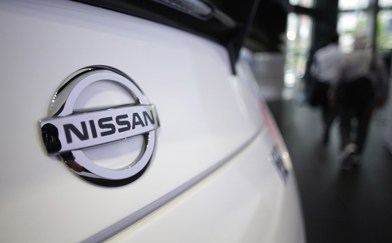BYD, the world's leading electric vehicle (EV) manufacturer, has officially commenced construction on its first sodium-ion battery plant, marking a significant step towards diversifying the EV battery landscape. This RMB 10 billion (NZ$2.25 billion) project boasts a planned annual capacity of 30 GWh, solidifying BYD's position as a pioneer in this emerging technology.
The move comes amidst growing interest in alternative battery chemistries. While lithium-ion batteries currently dominate the market, concerns regarding sustainability, cost, and resource scarcity have prompted industry leaders like BYD to explore innovative solutions. Sodium-ion batteries, with their abundant and readily available sodium resources, offer a promising alternative.
"Sodium batteries will be a low-cost solution that promotes the popularization of mass electric vehicles to the masses," declared Xia Shunli, Chairman of YiWei Tech, a new EV brand backed by Volkswagen that recently launched the industry's first sodium-ion-powered vehicle.
BYD's sodium play: following the Blade battery success
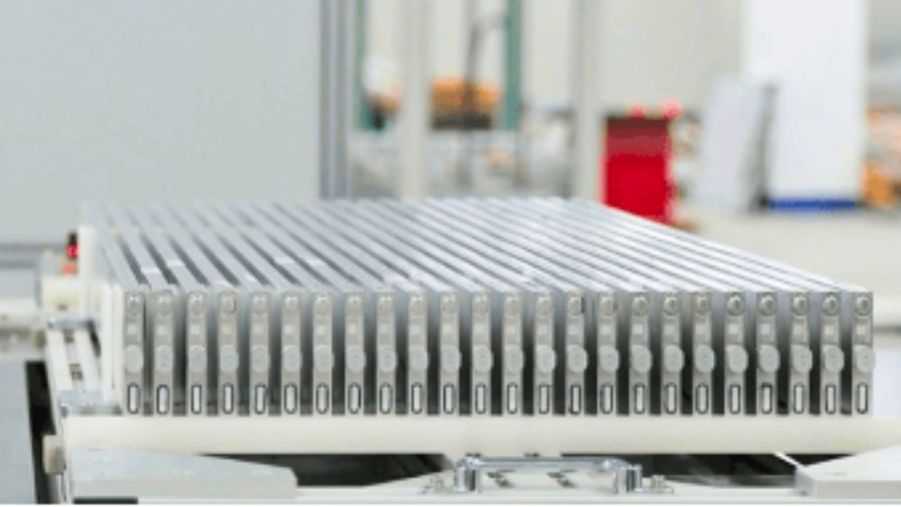
BYD's foray into sodium-ion batteries is not an isolated venture. The company, already renowned for its LFP Blade Battery technology powering EVs from Tesla to Ford, partnered with Huaihai Holding Group in November 2023 to establish the aforementioned sodium-ion plant. This joint venture builds upon the success of their existing collaboration, a Blade battery factory currently nearing completion with early production slated for March.
While rumours hinted at the BYD Seagull being the first recipient of the company's sodium-ion technology, the car ultimately came equipped with the LFP Blade Battery. However, the recent groundbreaking signals a stronger commitment to realizing the potential of sodium-ion batteries in the near future.
The road ahead
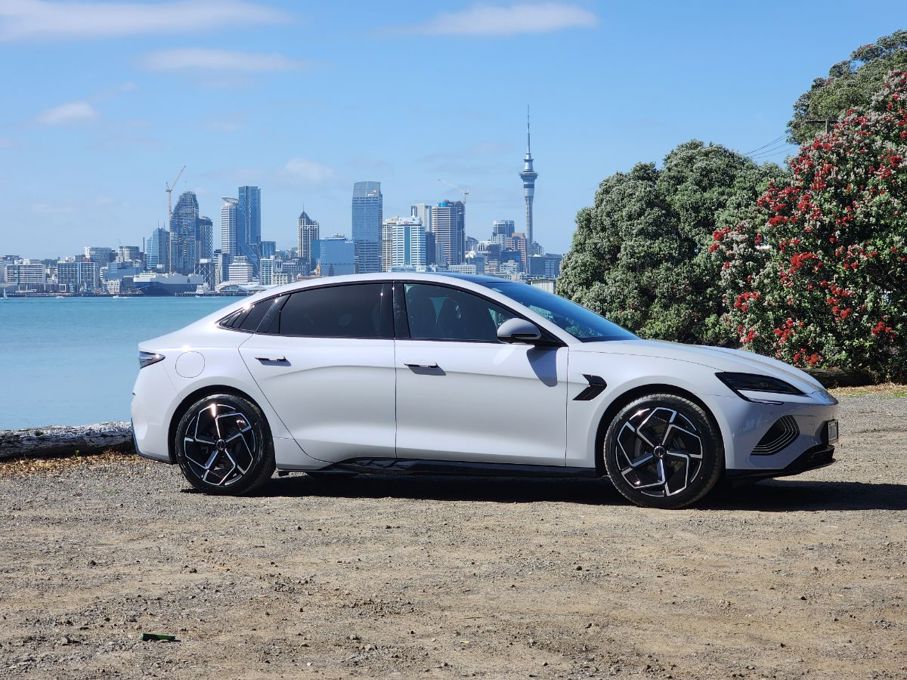
Sodium-ion batteries, despite their advantages in cost and resource availability, currently suffer from lower energy density compared to their lithium-ion counterparts. This translates to shorter driving ranges, making them less suitable for high-performance vehicles. However, their potential in low-cost, smaller EVs and two-wheelers remains significant.
BYD's leadership in this space, coupled with the growing interest from other major players like CATL and YiWei, suggests a potential shift in the EV battery landscape. While challenges remain in refining sodium-ion technology for broader applications, the potential for cost-effective, sustainable electric mobility solutions is undeniable.
As BYD's mammoth sodium-ion plant takes shape, the future of electric vehicles promises to become even more diverse and exciting.

